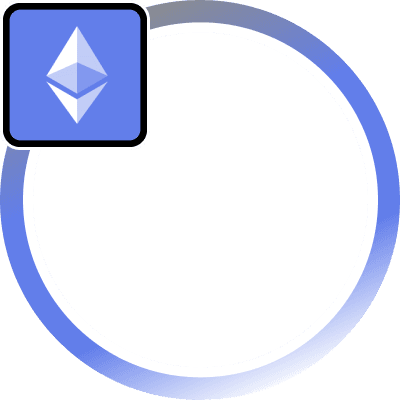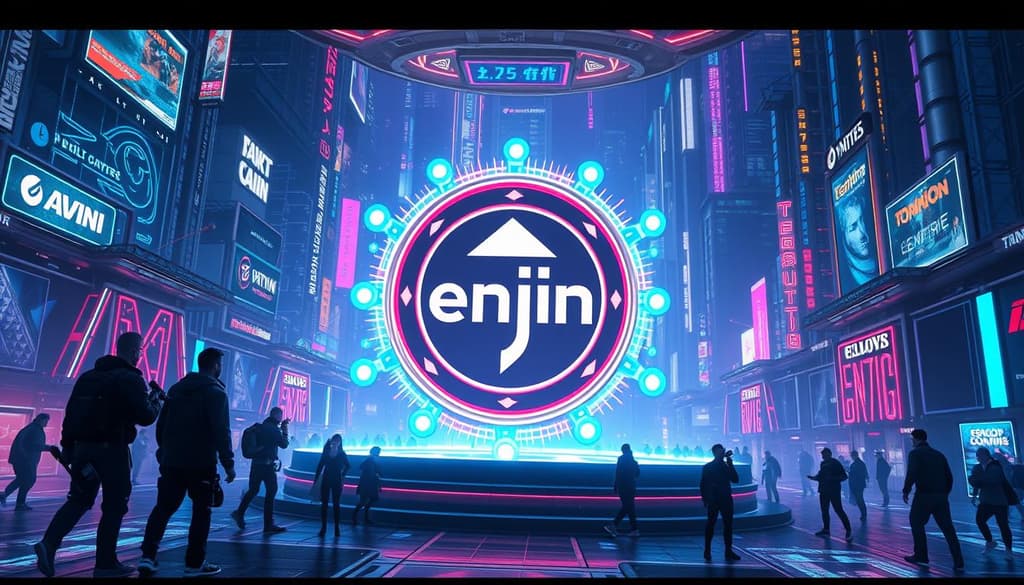Introduction
Founded in 2009, Enjin began as a gaming community platform. Recognizing the potential of blockchain technology, it transitioned its focus to bring fairness and purpose to gaming. Today, Enjin is a comprehensive ecosystem designed to facilitate the creation, distribution, and integration of non-fungible tokens (NFTs). It offers a suite of integrated products that make NFTs accessible for individuals, businesses, and developers. Enjin’s platform is trusted by millions, with over 2.3 million wallet installs, 1.2 billion created assets, and a marketplace volume of 10.3 million ENJ.
Non-Fungible Tokens (NFTs)
What are NFTs?
NFTs, or Non-Fungible Tokens, are unique digital assets created on the blockchain. They can represent a wide range of items, including gaming items, digital art, sports collectibles, and real-world assets. Each NFT is distinct, emphasizing the “non-fungible” nature of the token.







